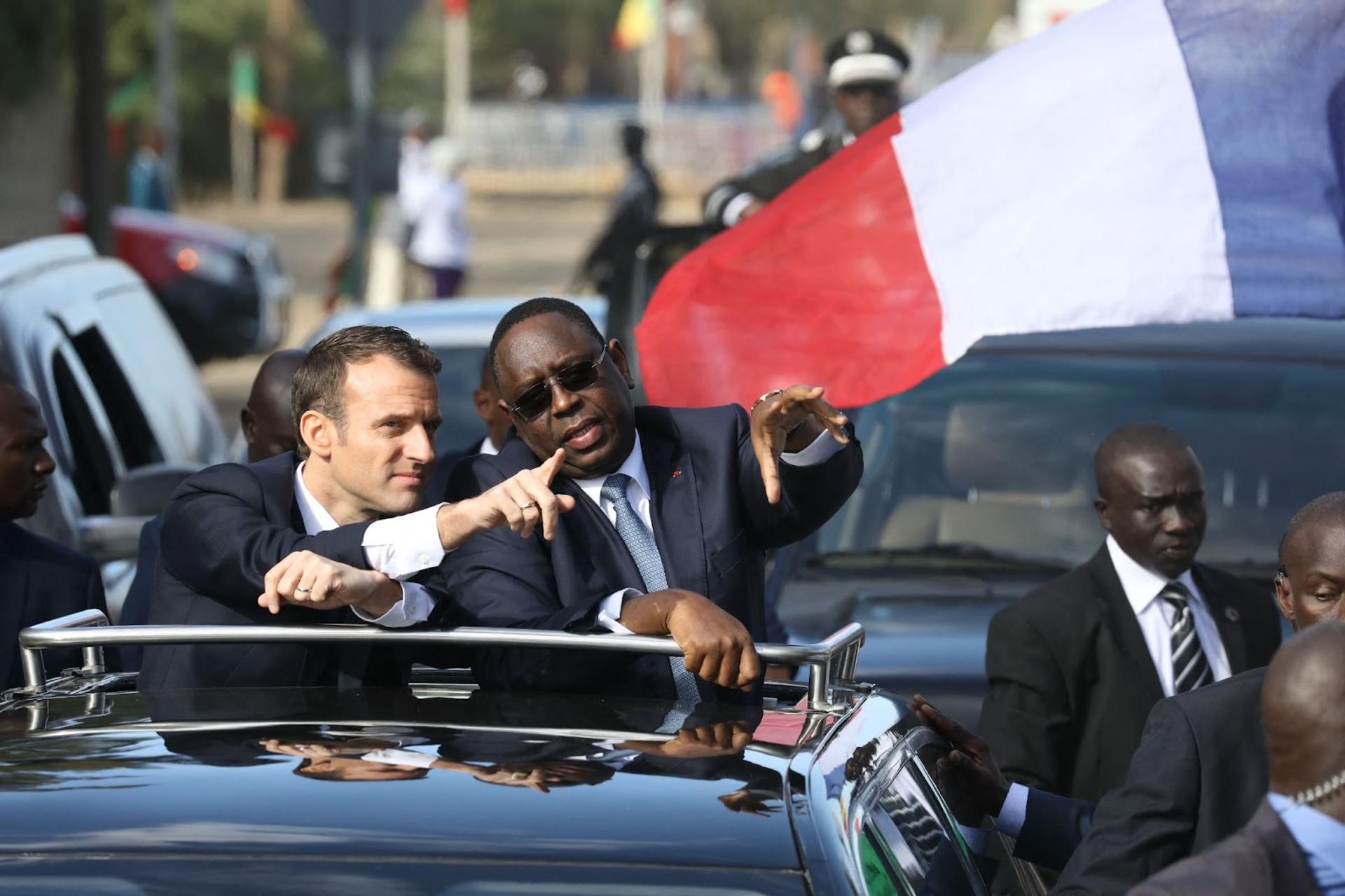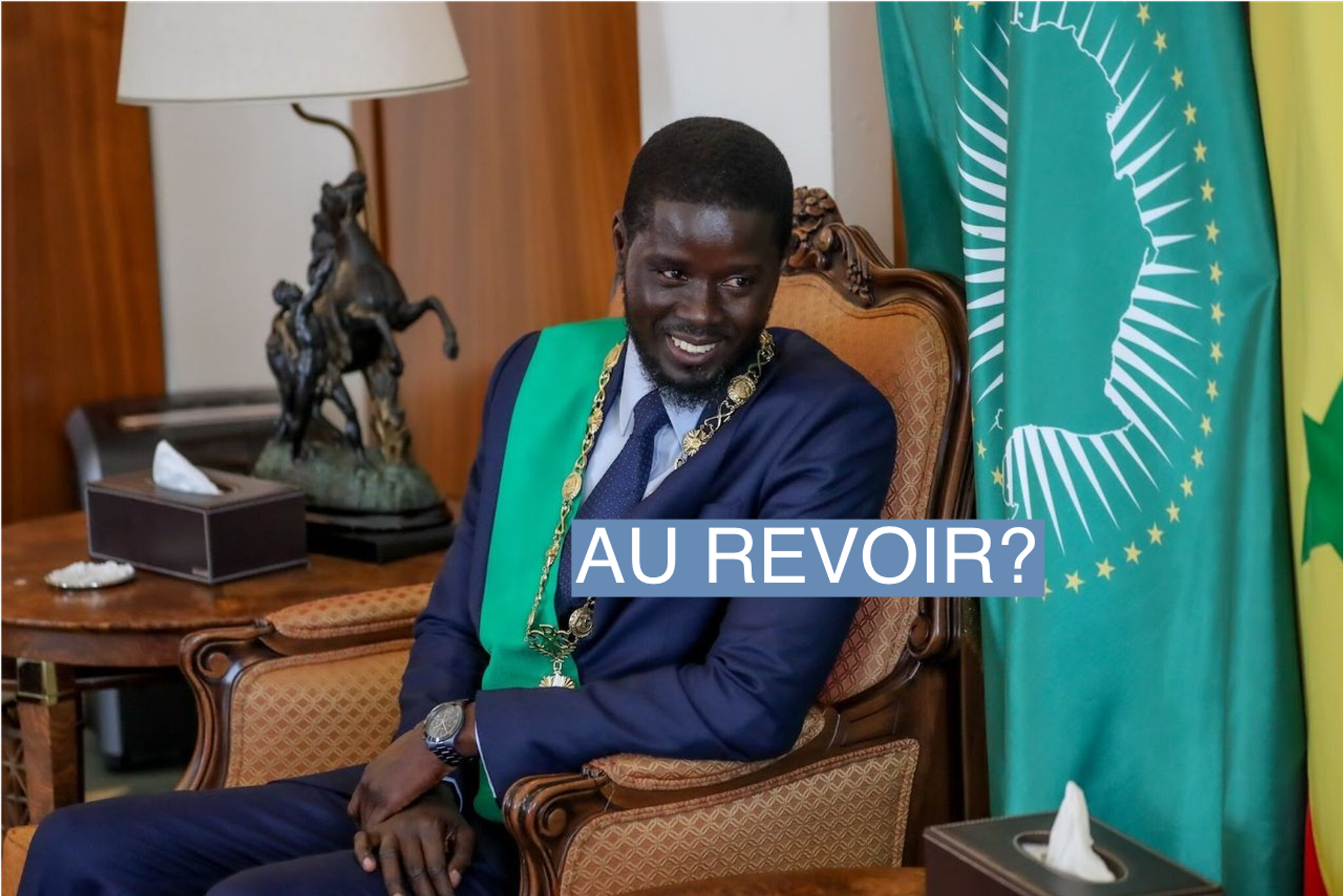The News
Senior figures in Senegal’s new government are pushing reforms they say will move the country towards greater ownership of its resources, retooling the country’s economy away from its decades-old reliance on foreign governments, especially France.
Bassirou Diomaye Faye, 44, who was sworn in as Africa’s youngest elected president earlier this month, made his political mentor Ousmane Sonko the prime minister and inaugurated a 25-person cabinet that includes only four women. The appointees assumed their roles last week and have begun to provide a stronger sense of how Faye and Sonko’s campaign pledges to break with the past may play out.
Bemoaning rising levels of foreign currency debt incurred by previous administrations pursuing infrastructure development, new finance minister Abdourahmane Sarr said Senegal will seek stronger bilateral and multilateral ties “while aiming to free ourselves from ties of dependence in our public policies.” Government debt as a share of gross domestic product is at 72%, above the sub-Saharan African average of 56%, according to the IMF.
Senegal will also push for more autonomy for the central bank that oversees the eight-member West African Economic and Monetary Union. Members of the union use the West African CFA franc currency that is pegged to the euro. “We will not be able to develop and deepen our financial market without a more active monetary policy,” Sarr said.
The West African country may also “renegotiate all existing contracts” to bring them in line with the public interest, new energy, oil and mines minister Biram Souleye Diop said on Thursday. Any such move depends on the outcome of an audit of the oil, gas and mining sector which Faye ordered the day after his inauguration.
In this article:
Know More
French president Emmanuel Macron’s decision to congratulate Faye on his election using a tweet in Wolof, the major local language in Senegal, is a sign that France is concerned about Faye’s insistence on a sovereign future for Senegal, said Babacar Ndiaye, a senior fellow at the Timbuktu Institute in Dakar.
“It seems likely that, after its traumatic expulsion from the Sahel, [France] is trying to repair its relations with its important French-speaking partners, including Senegal,” Ndiaye told Semafor Africa. But in expressing Senegal’s openness to cooperation with all international partners, Faye’s foreign policy statements so far have mostly stuck to the traditional line, Ndiaye said.
Faye won last month’s presidential elections on the back of widespread frustration with the immediate past government over high unemployment and widening inequality among Senegal’s 18 million people. He took office at a time of slower economic growth that is partly due to external shocks like the COVID-19 pandemic.

The prospect of ambitious oil and gas projects coming on stream could see Senegal’s economy grow at an average of 7.5% a year between 2024 and 2026, the World Bank has forecast. In particular, the Greater Tortue Ahmeyim (GTA) liquefied natural gas project “will be high on the administration’s agenda for raising revenues,” said Olumide Abimbola, director of Africa Policy Research Institute (APRI), a think tank in Berlin. The GTA project is co-owned by Senegal and Mauritania and estimated to contain up to 15 trillion cubic feet of gas.
Senegal’s new government is eager to shape the country’s future around the local private sector and a flexible macroeconomic framework that can respond to shocks, Sarr said. “Only in this way can we gradually free ourselves from the bonds of external dependence.”
Alexander’s view
Senegal earned African and global admirers by overcoming the threat of instability to conduct fair elections and a peaceful transition of power within a two-week period. But the buzz is gradually giving way to curiosity over its young leader’s capacity to turn campaign slogans into concrete policies.
His opening acts, particularly making Sonko prime minister, have projected strategic thinking. Both men have worked together since Faye joined Sonko’s PASTEF political party in 2014, campaigning under the banner ‘Diomaye is Sonko’ in the few days they had before the March 25 elections after being released from prison. Their long partnership and uniform view could make for quick government decision-making.
Leonardo Villalón, an African Studies professor and coordinator of the Sahel Research Group at the University of Florida, said he expects that the push for reforms will be done cautiously and “without dramatic pronouncements,” unlike those made by the military governments of some West African nations. But Villalón said Senegal’s new ministers would need to “tone down their rhetoric of what is possible.”
Faye and Sonko are conscious that contentious economic policy missteps, like expropriating foreign-operated natural resource projects, “could jeopardize Senegal’s macroeconomic stability,” said Mucahid Durmaz, a senior African analyst at risk analysis firm Verisk Maplecroft. He expects potential contract renegotiations to follow a “consensual process.”
Room for Disagreement
Faye has been criticized for only having four women in the cabinet, and for removing the words “women” and “child protection” from the erstwhile-named Ministry of Women, Family and Child Protection. Some Senegalese civil society groups published a criticism of the share of women ministers, television news station France24 reported, and asked the government to appoint more women into national agencies.
Notable
- Faye’s ascendance to the presidency “has been a wake-up call to Western countries like France,” according to France’s Le Monde newspaper. It says the West must learn from current political trends which “resemble a new phase in the long history of decolonization.”

